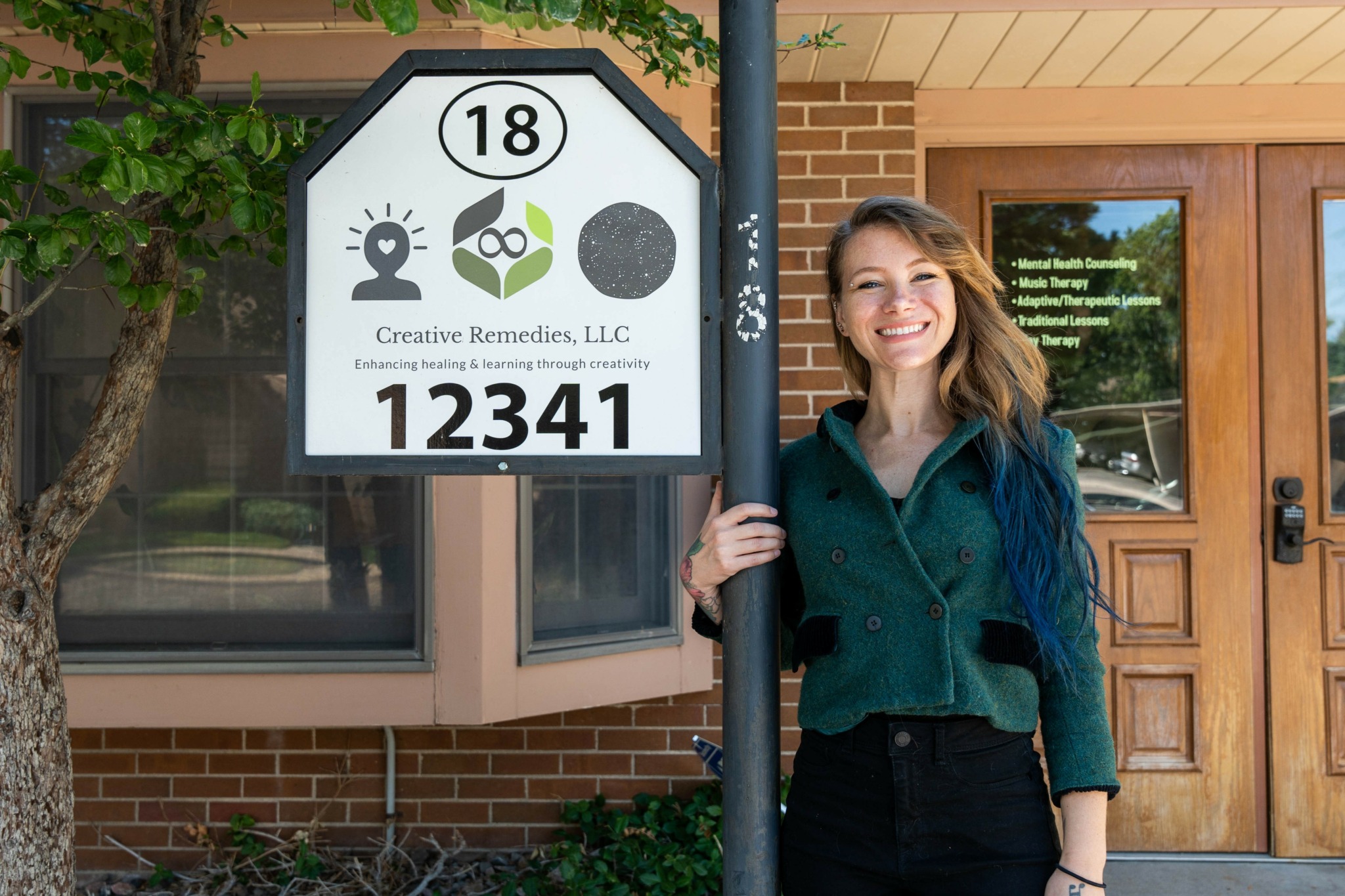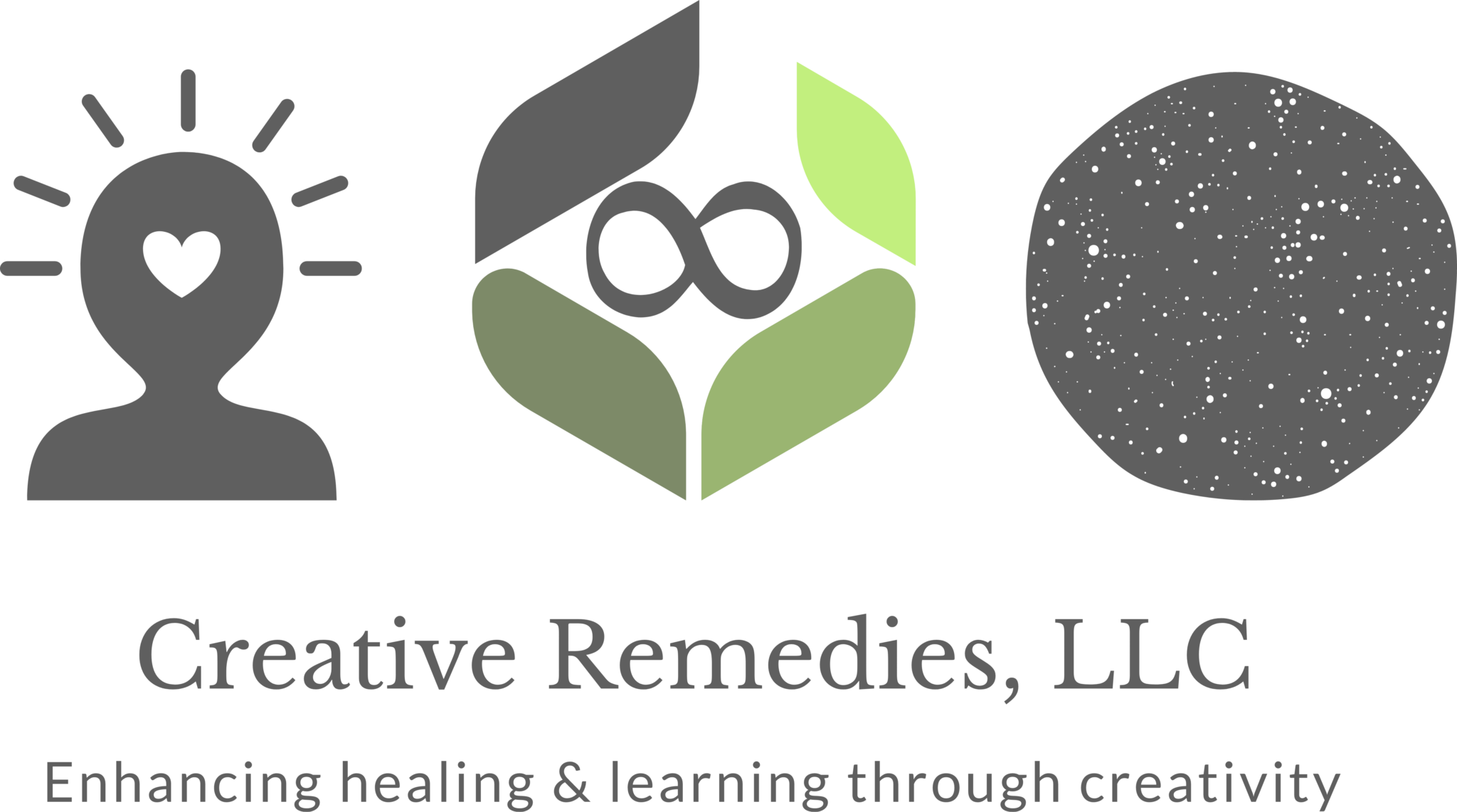Alright – so today we’ve got the honor of introducing you to Dr. Anastasia Canfield. We think you’ll enjoy our conversation, we’ve shared it below.
Dr. Anastasia, looking forward to hearing all of your stories today. When you’ve been a professional in an industry for long enough, you’ll experience moments when the entire field takes a U-Turn, an instance where the consensus completely flips upside down or where the “best practices” completely change. If you’ve experienced such a U-Turn over the course of your professional career, we’d love to hear about it.
The field of human services changes rapidly and is highly contingent upon governmental support (or lack thereof), social support or stigma, accurate or inaccurate health information, and much more. I wish I could say I only experienced one “U-Turn” in my career, but the reality is that there is typically a “U-Turn” every election cycle at minimum — if not every year. However, one thing that I have learned through it all is that people believe in community, the arts in healing, and hope.

Dr. Anastasia, love having you share your insights with us. Before we ask you more questions, maybe you can take a moment to introduce yourself to our readers who might have missed our earlier conversations?
Creative Remedies is a multi-disciplinary group practice that offers a number of services aimed at supporting our community, particularly those who are historically marginalized. The practice was founded upon an economic justice initiative which means we aim to be financially accessible and we do not turn people away based on financial need for therapy services. Unfortunately, creative arts therapies are not covered by many insurance plans so self-pay is one of the only ways to access our services. As a result, we work with each person to determine their financial needs to access the services they want at the frequency and duration that is clinically indicated. Creative Remedies is able to do this — and provide a livable wage to the staff — by diversifying services and working with community partners to support our mission.
Training and knowledge matter of course, but beyond that what do you think matters most in terms of succeeding in your field?
Humans are complex. I believe that people are the experts in themselves, but also that none of us have everything figured out. Humility and acceptance are two traits that are of paramount importance when working with people. We spend lifetimes learning how to live and if we are humble enough to recognize we all have battles we are navigating within ourselves, we can be better therapists — and humans overall.
We often hear about learning lessons – but just as important is unlearning lessons. Have you ever had to unlearn a lesson?
It often surprises people to learn that I have struggled with social and cognitive challenges much of my life. In a previous job, prior to founding Creative Remedies, I was often berated by a supervisor for my social differences. She went as far as to say “what’s wrong with you? Are you autistic?” one day in a supervision meeting when she was frustrated with me. Lo and behold, I am (among other neurodivergent identities as well)! The irony here is that now people seek me out for my neurodivergent lived experience which has been a journey of unlearning internalized ableism. I am still on this journey and I may be on it for the rest of my life, but each day I know a little better and I do a little better — what more can we ask for?
Contact Info:
- Website: https://www.CreativeRemediesLLC.com
- Instagram: https://www.instagram.com/creativeremediesllc
- Facebook: https://www.facebook.com/creativeremediesllc
- Linkedin: https://www.linkedin.com/company/102059120/admin/dashboard/
- Youtube: https://www.youtube.com/@creativeremediesllc7533
Image Credits
Chris Tracy Photography


